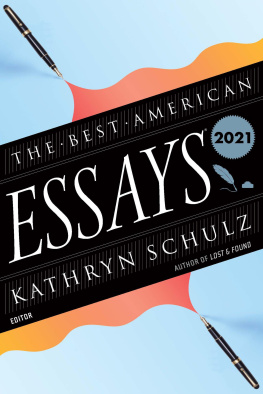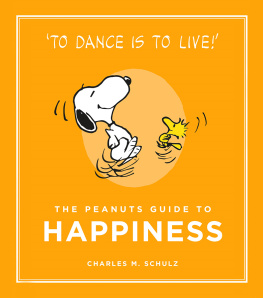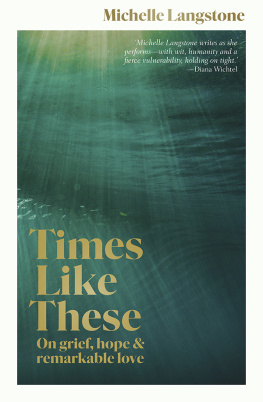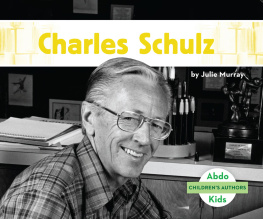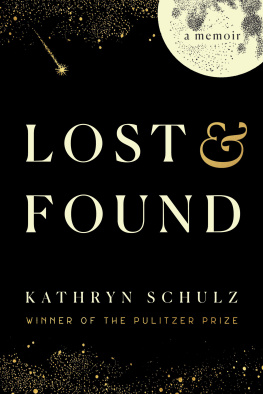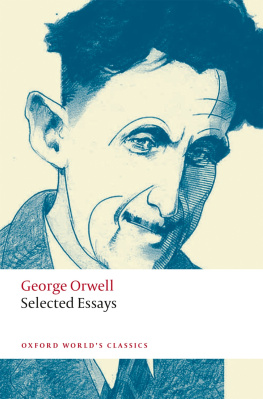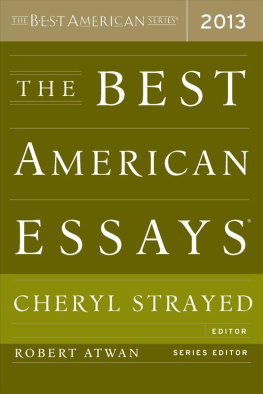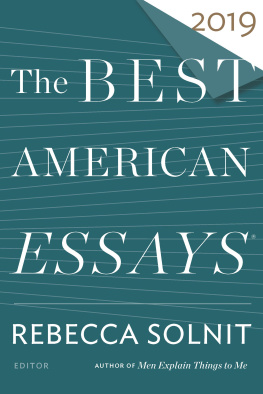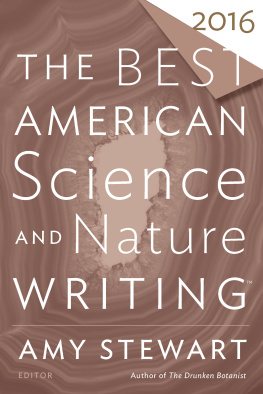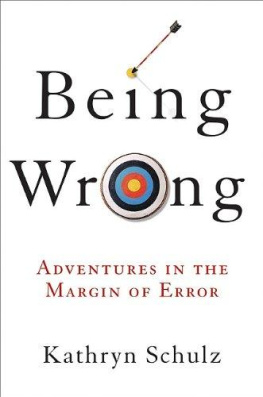Guest Editors of the Best American Essays
1986 ELIZABETH HARDWICK
1987 GAY TALESE
1988 ANNIE DILLARD
1989 GEOFFREY WOLFF
1990 JUSTIN KAPLAN
1991 JOYCE CAROL OATES
1992 SUSAN SONTAG
1993 JOSEPH EPSTEIN
1994 TRACY KIDDER
1995 JAMAICA KINCAID
1996 GEOFFREY C. WARD
1997 IAN FRAZIER
1998 CYNTHIA OZICK
1999 EDWARD HOAGLAND
2000 ALAN LIGHTMAN
2001 KATHLEEN NORRIS
2002 STEPHEN JAY GOULD
2003 ANNE FADIMAN
2004 LOUIS MENAND
2005 SUSAN ORLEAN
2006 LAUREN SLATER
2007 DAVID FOSTER WALLACE
2008 ADAM GOPNIK
2009 MARY OLIVER
2010 CHRISTOPHER HITCHENS
2011 EDWIDGE DANTICAT
2012 DAVID BROOKS
2013 CHERYL STRAYED
2014 JOHN JEREMIAH SULLIVAN
2015 ARIEL LEVY
2016 JONATHAN FRANZEN
2017 LESLIE JAMISON
2018 HILTON ALS
2019 REBECCA SOLNIT
2020 ANDR ACIMAN
2021 KATHRYN SCHULZ
Copyright 2021 by HarperCollins Publishers LLC
Introduction copyright 2021 by Kathryn Schulz
ALL RIGHTS RESERVED
The Best American Series and The Best American Essays are registered trademarks of HarperCollins Publishers LLC.
No part of this work may be reproduced or transmitted in any form or by any means, electronic or mechanical, including photocopying and recording, or by any information storage or retrieval system without the proper written permission of the copyright owner unless such copying is expressly permitted by federal copyright law. With the exception of nonprofit transcription in Braille, HarperCollins Publishers LLC is not authorized to grant permission for further uses of copyrighted selections reprinted in this book without the permission of their owners. Permission must be obtained from the individual copyright owners as identified herein. Address requests for permission to make copies of HarperCollins material to HarperCollins Publishers, 195 Broadway, New York, NY 10007.
marinerbooks.com
ISSN 0888-3742 (print) | ISSN 2573-3885 (e-book) | ISBN 978-0-358-38175-4 (print) | ISBN 978-0-358-38122-8 (e-book)
Cover image: Westend61 / Getty Images
Author photograph Dmitri Kasterine
v1.0921
The Trayvon Generation by Elizabeth Alexander. First published in The New Yorker, June 22, 2020. Copyright 2020 by Elizabeth Alexander. Reprinted by permission of Elizabeth Alexander.
Homecoming by Hilton Als. First published in The New Yorker, June 29, 2020. Copyright 2020 by Hilton Als. Reprinted by permission of The Wylie Agency, LLC.
The Broken Country by Molly McCully Brown. First published in Virginia Quarterly Review, Spring 2020. Copyright 2020 by Molly McCully Brown. Reprinted by permission of Molly McCully Brown.
Acceptance Parenting by Agnes Callard. First published in The Point, October 2, 2020. Copyright 2020 by Agnes Callard. Reprinted by permission of Agnes Callard.
The Kitchen Is Closed by Gabrielle Hamilton. First published in The New York Times Magazine, April 23, 2020. Copyright 2020 by Gabrielle Hamilton. Reprinted by permission of the author and Inkwell Management.
Bent Arrows: On Anticipation of My Approaching Disappearance by Tony Hoagland. First published in Ploughshares, 45/4. Copyright 2020 by Kathleen Lee. Reprinted by permission of Kathleen Lee.
Vicious Cycles by Greg Jackson. First published in Harpers Magazine, January 2020. Copyright 2020 by Greg Jackson. Reprinted by permission of Georges Borchardt, Inc. on behalf of the author.
Clarity by Ruchir Joshi. First published in Granta, #151, 2020. Copyright 2020 by Ruchir Joshi. Reprinted by permission of Granta.
Oh Latitudo by Amy Leach. First published in Granta, #153, 2020. Copyright 2020 by Amy Leach. Reprinted by permission of The Wylie Agency, LLC.
Insane After Coronavirus? by Patricia Lockwood. First published in London Review of Books, July 2020. Copyright 2020 by Patricia Lockwood. Reprinted by permission of Patricia Lockwood.
Love in a Time of Terror by Barry Lopez. Published in Literary Hub, August 7, 2020. Copyright 2020 by Barry Holstun Lopez. Reprinted by permission of Sterling Lord Literistic, Inc. This essay originally appeared as the foreword to an anthology, Earthly Love: Stories of Intimacy and Devotion from Orion Magazine, published by Orion in 2020.
What I Learned When My Husband Got Sick with Coronavirus by Jessica Lustig. First published in The New York Times Magazine, March 24, 2020. Copyright 2020 The New York Times Company. All rights reserved. Used under license.
What Money Cant Buy by Dawn Lundy Martin. First published in Ploughshares, 46/1, 2020. Copyright 2020 by Dawn Lundy Martin. Reprinted by permission of Dawn Lundy Martin.
Two Women by Claire Messud, first published in A Public Space, #29, 2020, and later included in Kants Little Prussian Head and Other Reasons Why I Write published October 13, 2020, by W. W. Norton. Copyright 2020 by Claire Messud. Reprinted by permission of The Wylie Agency, LLC.
My Mustache by Wesley Morris. First published in The New York Times Magazine, October 18, 2020. Copyright 2020 The New York Times Company. All rights reserved. Used under license.
Apparent by Beth Nguyen. First published in The Paris Review, Spring 2020. Copyright 2020 by Beth Nguyen. Reprinted by Beth Nguyen.
The Designated Mourner by Fintan OToole. First published in The New York Review of Books, January 16, 2020. Copyright 2020 by Fintan OToole. Reprinted by permission of Fintan OToole.
Going Postal by Max Read. First published in Bookforum, Sept/Oct/Nov 2020. Copyright 2020 by Max Read. Reprinted by permission of Max Read.
In Orbit by Dariel Suarez. First published in The Threepenny Review, Winter 2020. Copyright 2020 by Dariel Suarez. Reprinted by permission of Dariel Sua-rez.
Witness and Respair by Jesmyn Ward. First published in Vanity Fair, September 2020. Copyright 2020 by Jesmyn Ward. Reprinted by permission of Jesmyn Ward.
Foreword
D EVOTED READERS OF this series will have noticed how often Montaigne and Emerson have appeared in these annual forewords. As they represent two of world literatures finest essayists, the literary reasons for their persistent presence should be clear. But less obvious may be my personal reasons for always circling back to them. So for this years foreword I will indulge in a bit of intellectual autobiography.
For those of us who encounter the world with a defective intellect, life can be an exasperating struggle. Whether the result of brain circuitry, formative early experiences, or an evolved sensibility, a chronic skepticism can amount to a troublesome affliction. One of my first intellectual heroes, Bertrand Russell, put it well: people hate sceptics far more than they hate the passionate advocates of opinions hostile to their own. Skepticism can lead to indifference, indecision, apathy, disengagementall attitudes despised by those passionate in their beliefs and opinions. It can also lead to a contrarianism that delights in taking a vacation from prevailing orthodoxies. In a fine 1997 essay, the writer and free speech advocate Wendy Kaminera former president of the National Coalition against Censorshipcalled this tendency A Civic Duty to Annoy.
My parentsboth high school dropoutsapparently didnt realize that my skeptical temperament would not suit the urban parochial schools they sent me to from first to twelfth grade. I doubt I would have fared better in our public schools, but I very early on grew skeptical of what I learned in religious instruction. This caused constant friction with the priests and nuns, oras we called themthe fathers and sisters. Yes, in those days they really did rap your knuckles with a yardstick, and it stung. I respected religionI even served as an altar boybut the beliefs just led to too many questions, and I wasnt often satisfied by the answers supplied in our

